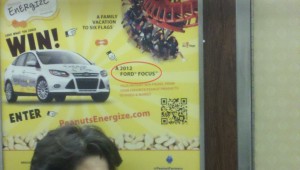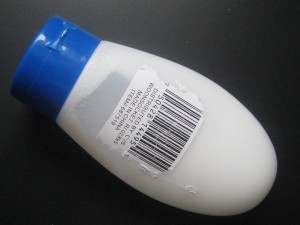This week marked the passing of Levon Helm, the acrid-voiced drummer and vocalist for The Band and my neighbor in upstate New York. I had not realized there was confusion about the significance of the lyrics in one of their best-known songs, “The Weight”. Wikipedia currently tells us the song is about a visit to the Martin guitar company in Nazareth, PA which is total horseshit. Here are the lyrics, followed by the actual explanation:
I pulled into Nazareth, was feelin’ about half past dead;
I just need some place where I can lay my head.
“Hey, mister, can you tell me where a man might find a bed?”
He just grinned and shook my hand, and “No!”, was all he said.
(Chorus:)
Take a load off Anny, take a load for free;
Take a load off Anny, And (and) (and) you can put the load right on me.
I picked up my bag, I went lookin’ for a place to hide;
When I saw Carmen and the Devil walkin’ side by side.
I said, “Hey, Carmen, come on, let’s go downtown.”
She said, “I gotta go, but m’friend can stick around.”
(Chorus)
Go down, Miss Moses, there’s nothin’ you can say
It’s just ol’ Luke, and Luke’s waitin’ on the Judgement Day.
“Well, Luke, my friend, what about young Anna Lee?”
He said, “Do me a favor, son, woncha stay an’ keep Anna Lee company?”
(Chorus)
Crazy Chester followed me, and he caught me in the fog.
He said, “I will fix your rack, if you’ll take Jack, my dog.”
I said, “Wait a minute, Chester, you know I’m a peaceful man.”
He said, “That’s okay, boy, won’t you feed him when you can.”
(Chorus)
Catch a cannon ball now, t’take me down the line
My bag is sinkin’ low and I do believe it’s time.
To get back to Miss Fanny, you know she’s the only one.
Who sent me here with her regards for everyone.
Explanation:
The whole business about Nazareth, PA which is mentioned on Wikipedia is a total misdirection. This is a song about Jesus’ crucifixion and “Nazareth” fit better than “Jerusalem” in a melodic sense.
The “he” in the first verse is of course Jesus. The anonymous narrator comes off the dusty road as Jesus is about to be crucified and runs into him coincidentally. Jesus in spite of his larger concerns addresses the insignificant narrator… a frequently seen scenario in ancient runes like Beowulf by the way.
“Anny” and “Anna Lee” are amalgams of Mary Magdalene. Who was not a real person but a composite representing a flawed, all-too-human follower of Jesus.
The “Miss Moses” verse is simply a nod to Biblical characters, Jesus speaking to his tradition.
Crazy Chester is Judas. The “dog” is a metaphor for any situation in which somebody comes out of left field and imposes themselves on you and you feel oddly compelled to oblige. “Fix your rack” can be taken as a prevision of Jesus on the cross.
Time passes after this verse. I think the gap in time was informed not so much by Bunuel (which seems like total horseshit and misdirection) as by the films of Peckinpah and Bogdanovich popular at this time, which typically featured a sequence of individual set pieces adding up to a total narrative. It’s as if a couple of verses were written, then deleted. “Fanny” is both Mary Magdalene (not that surprising that somebody dying of crucifixion would confuse “Anny” and “Fanny”) and God.
That’s what the song is about. [This post has been updated.]

